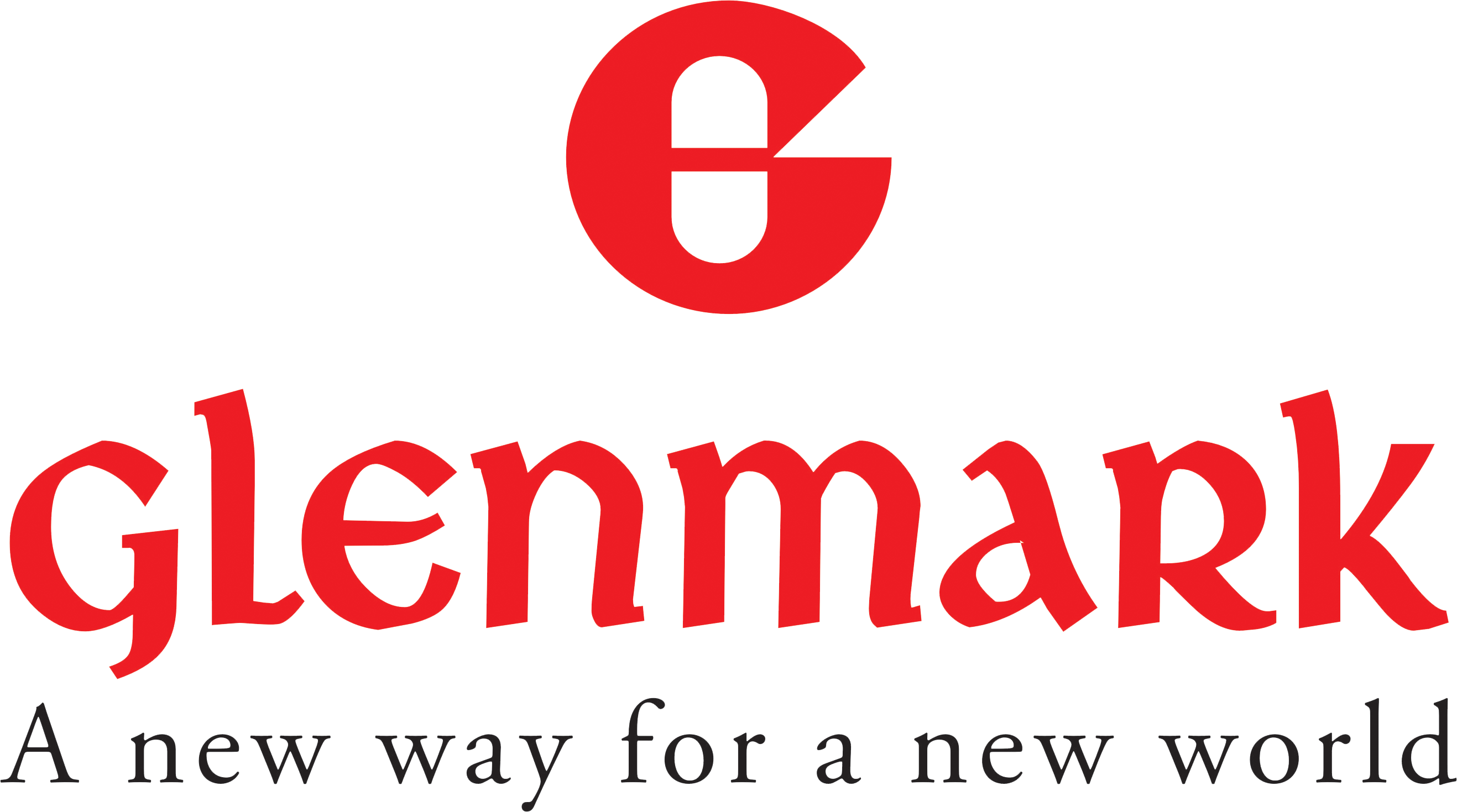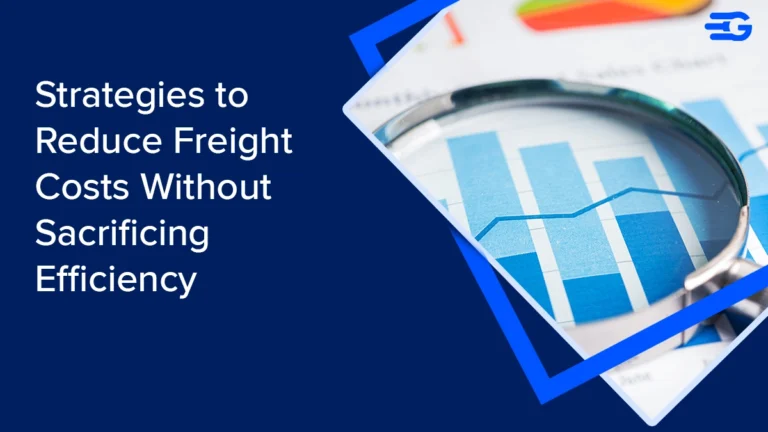A Complete Guide to Choosing the Best Freight Audit Provider
Did you know that 80% of shippers overpay for their freight? According to research by Texas A&M, this common issue can have a serious impact on a company’s bottom line, as over 50% of its logistics budget is often tied up in transportation costs. To combat this, many businesses are turning to freight invoice auditing software to streamline their processes, eliminate costly errors, and gain better control over their freight payments.
As the Freight Audit & Payments market is projected to grow at a CAGR of 13.72%, reaching USD 1.9 billion by 2030, more companies are opting for automated solutions to replace manual, error-prone invoice checks. With transportation expenses consuming such a large portion of their budget, many shippers are outsourcing their freight audit services to third-party specialists.
This guide will walk you through the key considerations for selecting the right freight audit provider, from understanding its benefits to evaluating the essential features that can make all the difference in optimizing your freight management.
What is a Freight Auditing Provider?
A freight auditing provider is a third-party service that reviews and verifies freight invoices to ensure accuracy. They check for billing errors, overcharges, and discrepancies, ensuring businesses are not paying more than they should. This includes verifying shipment details, ensuring rates align with contracts, and identifying additional charges like fuel surcharges or accessorial fees.
For companies handling large shipments, this process can be time-consuming and prone to human error. Manual invoice checks can quickly become a bottleneck, leading to delays and potential overpayments. This is where a specialized freight auditing provider comes in; using advanced tools and expert knowledge to streamline the process and avoid costly mistakes.
Take the example of a business in the manufacturing sector. After outsourcing their freight auditing, they discovered they had been overpaying on fuel surcharges for years, resulting in thousands of dollars in overcharges. By working with a freight audit provider, they gained transparency, and accuracy, and saved valuable time that would have been spent checking invoices manually.
Outsourcing this function ensures businesses not only recover overcharges but also improve their logistics operations and enhance cost efficiency. With the right freight audit provider, you can focus on strategic activities like carrier negotiations, leaving the detailed work to the experts.
Top Benefits of a Freight Audit Provider
Partnering with a freight auditing company delivers clear, measurable benefits that can elevate your logistics operations. Let’s break down the advantages:
1. Recover Overcharges and Prevent Future Errors
Freight audit providers are adept at spotting errors in invoices, including incorrect surcharges, duplicate bills, and misapplied tariffs. Studies show that businesses can recover 5-10% of their freight costs annually through accurate audits. Beyond recovery, they help establish better billing practices to prevent recurring errors.
2. Boost Operational Efficiency
Freight audit companies leverage automation tools that eliminate manual data entry and reduce invoice processing time. This streamlining allows your in-house team to focus on high-value activities like contract negotiations and strategic planning, rather than combing through invoices.
3. Gain Real-Time Cost Insights
Modern freight audit providers offer centralized dashboards and analytics tools that provide a bird’s-eye view of your shipping costs. You can analyze trends, pinpoint cost-saving opportunities, and identify inefficiencies in specific lanes, carriers, or modes of transport. These insights drive more informed business decisions.
4. Ensure Regulatory and Contractual Compliance
Staying compliant with regional, national, and international freight regulations is complex. Freight audit companies ensure your invoices meet all legal requirements and align with contracted terms. This mitigates risks of fines, disputes, and damaged relationships with carriers.
5. Accelerate Payments and Strengthen Relationships
Automated audits result in quicker invoice verification and payments to carriers. Timely payments improve your credibility and foster stronger partnerships, reducing the risk of service disruptions caused by payment delays.
6. Uncover Hidden Costs
Freight audit companies go beyond surface-level checks. They identify hidden costs, like unexpected accessorial fees, unnecessary insurance, or overcharges in demurrage and detention. Recognizing these charges helps you negotiate better contracts with carriers.
7. Scalability and Flexibility
Whether you ship locally or globally, freight auditing services can scale with your business needs. They handle fluctuations in shipment volume and complexities like multi-modal transport, helping you maintain efficiency as your operations expand.
8. Future-Proof Your Logistics
By using freight audit providers with advanced technologies, such as AI-driven analytics and machine learning tools, businesses can forecast trends and adapt to future logistics challenges with agility.
With these benefits, partnering with the right freight audit company is not just about saving costs; it’s about empowering your logistics operations to perform smarter and faster.
Key Features to Look for in a Freight Audit Provider
When choosing a freight audit company, it’s essential to evaluate its features and services carefully. The right freight audit and payment provider not only saves costs but also simplifies logistics management. Here’s what to focus on:
1. Seamless Integration with Existing Systems
Ensure the provider’s platform integrates effortlessly with your ERP or TMS. A unified system reduces data silos and manual data transfers. Look for features like plug-and-play setup, easy dashboard navigation, and compatibility with other tools you already use.
2. Powerful Automation Tools
The provider should offer automation for tasks like flagging duplicate invoices, identifying incorrect charges, and generating alerts for missing information. Automation speeds up invoice approvals, reduces manual errors, and saves valuable time for your team.
3. Comprehensive and Customizable Reporting
Look for a provider that delivers in-depth reports tailored to your needs. Reports should provide insights into freight costs, carrier performance, and trends over time. Customizable options ensure you can focus on metrics that align with your goals, such as cost-per-shipment or savings recovered.
4. Global Capabilities
If your business involves international shipping, ensure the provider can manage invoices across currencies and regions. They should be familiar with global regulations, taxes, and tariffs to handle the complexities of cross-border freight auditing efficiently.
5. Robust Data Security Measures
Freight data often contains sensitive information. Verify the provider’s commitment to cybersecurity with features like encrypted data storage, secure access protocols, and compliance with data protection regulations such as GDPR.
6. Responsive and Reliable Customer Support
Even the best systems need occasional troubleshooting. Look for providers that offer 24/7 customer support with quick response times. A dedicated account manager can also make communication smoother and more personalized.
7. Scalability to Match Growth
As your business grows, your freight auditing needs will evolve. Choose a provider capable of scaling their services to handle increased shipment volumes, new geographies, and added complexities.
8. Proven Track Record and References
Experience speaks volumes. Ask for case studies, testimonials, or references from businesses similar to yours. Providers with a history of success in your industry are more likely to meet your expectations.
9. Cost-Effectiveness
Evaluate their pricing structure, whether it’s per invoice or subscription-based. Ensure it aligns with your budget and provides value for the services offered.
By focusing on these features, you can select a freight auditing company that not only fits your current requirements but also supports your long-term logistics strategy.
A Few Points to Keep in Mind Before Choosing a Freight Audit Company
Choosing the right freight audit provider is critical to ensuring smooth and cost-efficient logistics. Here’s a refined checklist to guide your decision:
1. Industry-Specific Expertise
Not all freight audit companies are created equal. Providers with experience in your industry are better equipped to understand specific challenges, such as specialized shipping modes or unique billing practices. Their familiarity with sector-specific trends and carrier contracts adds precision to the auditing process.
2. Proven Client Success
Request case studies or client references to validate the provider’s effectiveness. Speaking with current or past clients in similar industries can reveal how well they meet deadlines, identify cost-saving opportunities, and manage complexities.
3. Flexible Pricing Models
Freight audit providers typically offer different pricing structures, such as pay-per-invoice, tiered subscriptions, or annual contracts. Evaluate how these align with your budget and shipment volume. Be cautious of hidden fees and ensure transparency in their billing process.
4. Fast and Reliable Turnaround Times
Quick processing of freight invoices is non-negotiable. Delays in auditing can lead to late payments, strained carrier relationships, and operational bottlenecks. Verify the provider’s average processing time and their ability to scale during peak seasons.
5. Proven Accuracy and Efficiency
Accuracy is the cornerstone of a good freight audit company. Assess their track record in identifying errors, such as overcharges or duplicate invoices, and their methods for preventing them in the future.
6. Robust Technology and Tools
Advanced platforms with features like automated audits, real-time reporting, and predictive analytics can significantly enhance value. Ensure the provider’s technology integrates seamlessly with your existing ERP or TMS systems.
7. Data Security and Compliance
Given the sensitive nature of freight data, verify the provider’s data protection protocols. Confirm their adherence to global standards, such as ISO 27001 or GDPR, to safeguard your information.
8. Scalability for Business Growth
As your business expands, your freight auditing needs will evolve. Partner with a provider that can adapt to increasing shipment volumes, more carriers, and additional regions without compromising quality.
9. Dedicated Support Team
A responsive support team is invaluable, especially when urgent issues arise. Look for providers that offer 24/7 support, dedicated account managers, and streamlined escalation processes.
10. Customizable Solutions
Your business is unique, and your audit provider should offer tailored solutions to address your specific requirements. From custom reports to specialized billing validations, flexibility is key.
By considering these factors, you’ll not only choose a freight audit company but also a reliable partner capable of optimizing your logistics and driving measurable savings.
Tips for Choosing the Best Freight Audit Provider
Selecting the right freight audit provider requires a focused approach. Here are key steps to ensure you make an informed choice:
1. Define Your Goals
Before you start researching providers, clarify what you want to achieve. Are you looking to reduce freight costs, improve invoice processing speed, or gain deeper insights into your shipping data? Clear objectives will help guide your decision and ensure the provider can meet your specific needs.
2. Research and Shortlist Providers
Look for providers with a proven track record in your industry. Review their services, technology, and experience. Focus on companies that understand your logistics challenges and can cater to your shipment volume and complexity. Narrow down your list to those who align with your business needs.
3. Request Demos and Test Systems:
Once you’ve shortlisted a few providers, request demos of their platforms. A hands-on trial lets you assess the usability, integration capabilities, and reporting features. Make sure their systems will work smoothly with your existing ERP or TMS. Don’t hesitate to ask for real-world scenarios to be demonstrated during the demo.
4. Ask the Right Questions
During your discussions, inquire about the provider’s experience with businesses like yours. Client success stories or case studies can provide valuable insights into their effectiveness. Don’t forget to ask about their technology stack; do they offer automation tools, real-time reporting, or AI-driven analytics?
5. Run a Pilot Program
Consider starting with a trial period to test the provider’s services. This pilot will give you a sense of how well their solutions integrate into your workflow and whether they can deliver on your goals. Pay attention to their performance during this phase, and evaluate how efficiently they handle invoice processing and error detection.
6. Set Measurable KPIs
Establish clear Key Performance Indicators (KPIs) to track success. These could include error reduction rates, processing time improvements, and overall cost savings. Regularly measure performance against these metrics to determine whether the provider is delivering the expected value.
By following these steps, you’ll be well-positioned to choose a freight audit provider that not only fits your business needs but also helps optimize your logistics operations for long-term success.
Final Words
Selecting the right freight audit company is a strategic decision. It impacts your cost management, operational efficiency, and overall logistics performance. By understanding your needs, evaluating providers based on key features, and outsourcing wisely, you can simplify freight auditing and achieve significant savings.
Start exploring freight audit providers today to unlock better cost control and seamless logistics operations.
 |  |  |

